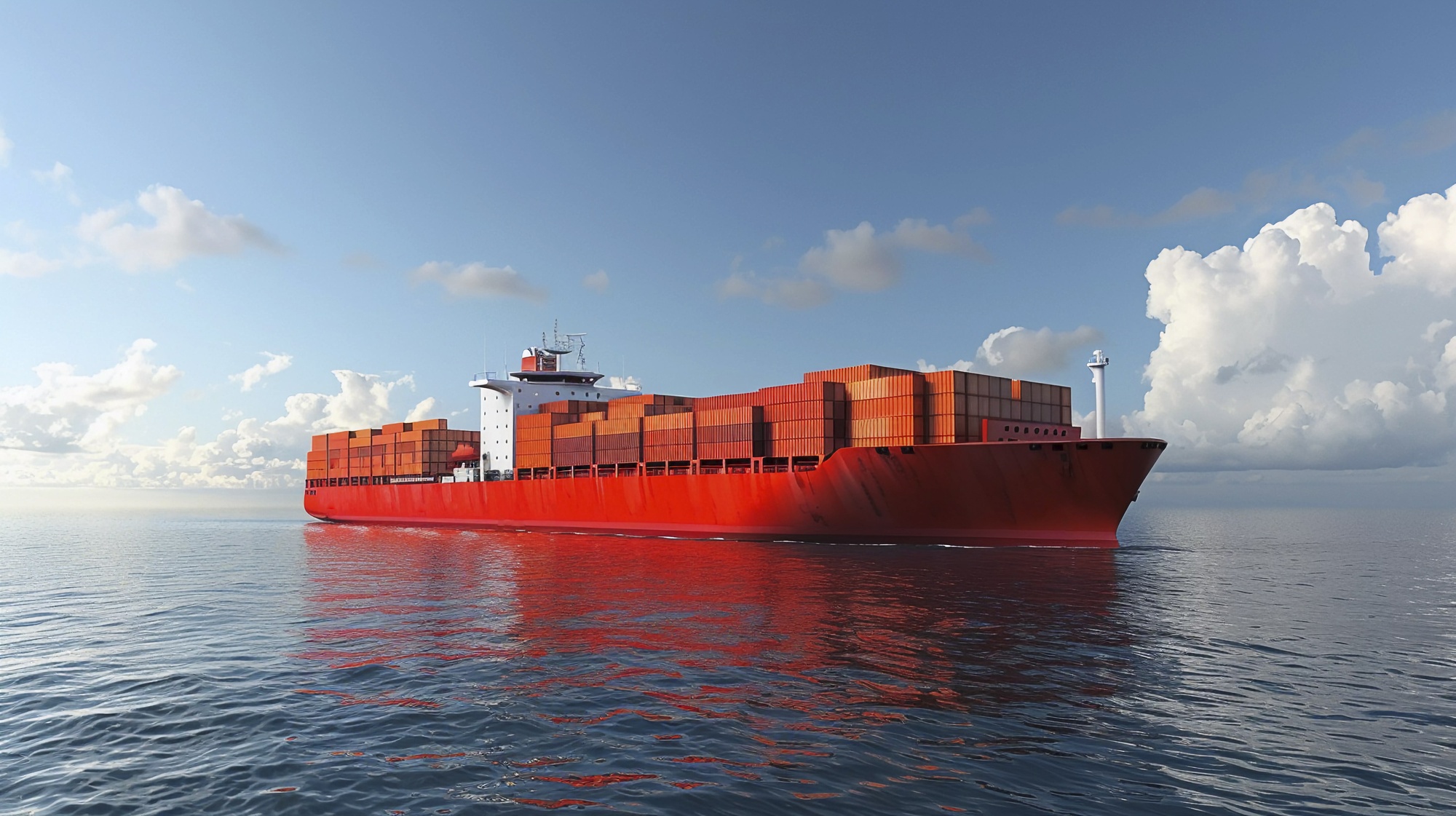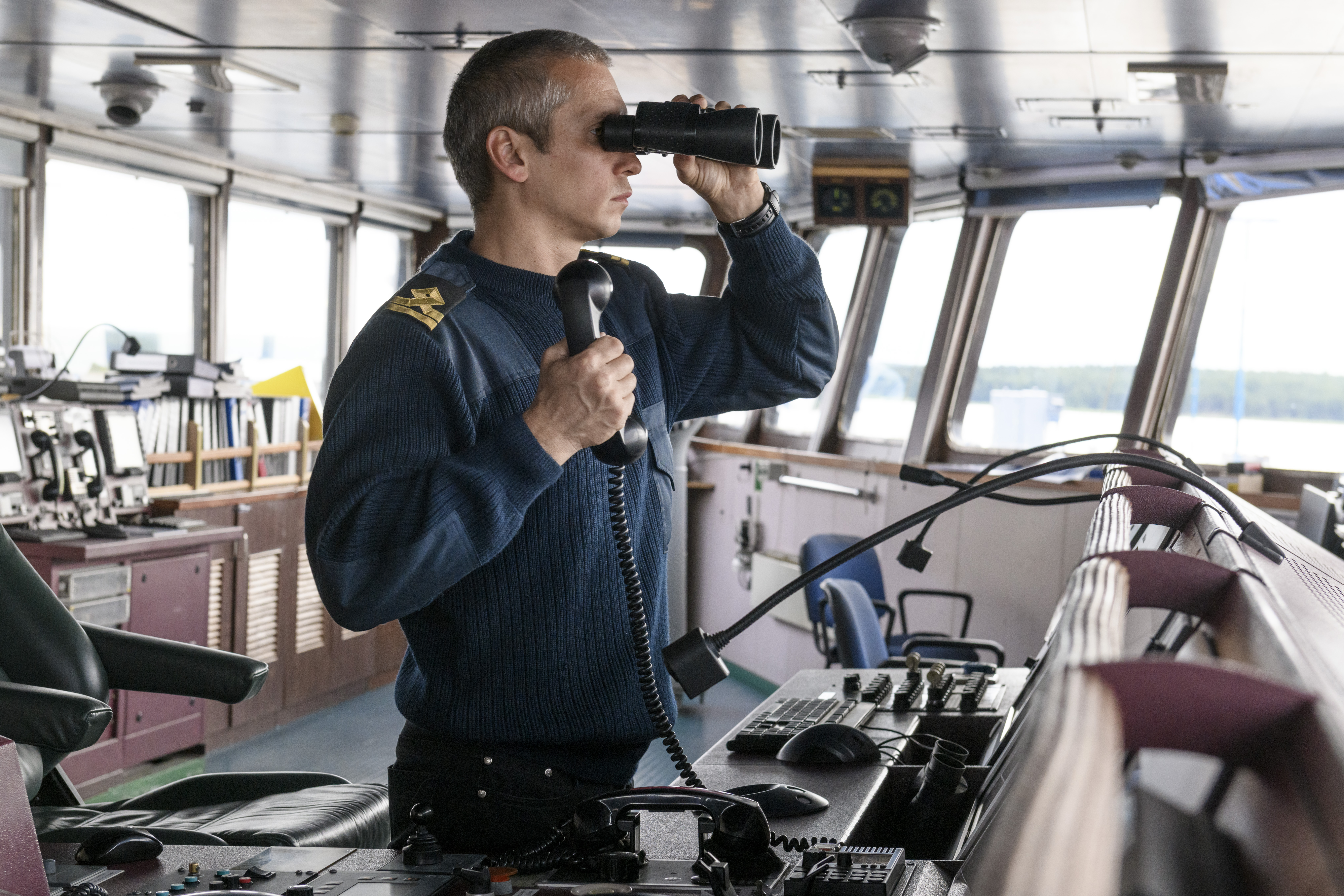The word trainees referred to in these guidelines mean any seafarer that has joined a merchant vessel for the first time or has a total sea time of less than 6 months in his department. (for Cadets the applicable sea time will be for the entire duration of their cadetship. i.e. until they are certified
officers)
(Example- Cadets, Trainee OS, Trainee Wiper, Mess Boy etc)
This section provides safety guidelines to be followed when tasks/jobs are allocated to Trainees.
– Trainees are not considered as part of the crew onboard (with respect to the minimum safe
manning certificate). They may assist with vessel operations to enhance their training and
experience but they are not to cover up for any shortfall in crew capability.
– Trainees must undergo a thorough onboard familiarization training in line with Ship’s Training
Record Book.
– Trainees must familiarize themselves with company’s policies and procedures and code of safe
working practices.
– Trainees must be given tasks/jobs in line with the Job Descriptions mentioned in Appendix 1 of
the Crew Manual jobatsea and the Training Program determined by their certification authority. (For
cadets, in absence of any structured training program, guidance must be taken from ISF Onboard
TRB or TRB provided by the flag or country of origin).
– They cannot be assigned independent watch keeping duties.
– They cannot be assigned direct responsibility of any critical operation onboard.
– Every trainee must have an appointed Training officer/supervisor. TRB tasks (For Cadets) and
performance of trainees must be verified through periodical tests (Written, Oral or Practical)
before signing their training records. Supervisors must report progress of trainees to Head of
Department. Head of Departments must further inform on trainee’s progress to Master/ Chief
Engineers respectively.
– It is responsibility of the assigned training officer to ensure that all trainees are suitably attired
and wear all the PPE required for the tasks given to them.
– Tasks must always be given under supervision of responsible officer. It is imperative that any
work delegated to the Trainees is purely for the purposes of gaining practical experience. The
Trainee should not be left alone to carry out tasks. Trainees must not be given any task that could
hamper their personal safety or the safety of fellow crew members or the vessel.
– Trainees should not be made to work excessive hours or used as an “extra pair of hands”. Any
work that is given must be within their capabilities. Their work, watch schedules and study
periods are to be planned so that the Company is in full compliance with the Hours of Work and
Rest Regulations.
– Trainees should be given a clear explanation of the work and standards expected from him while
onboard. A Tool Box Talk must always be carried out before a task is assigned to the trainees for
the first time. Compliance of safety instructions must be verified before starting of the job.
– Trainees are not to be allocated any job that involves working aloft or overside.




